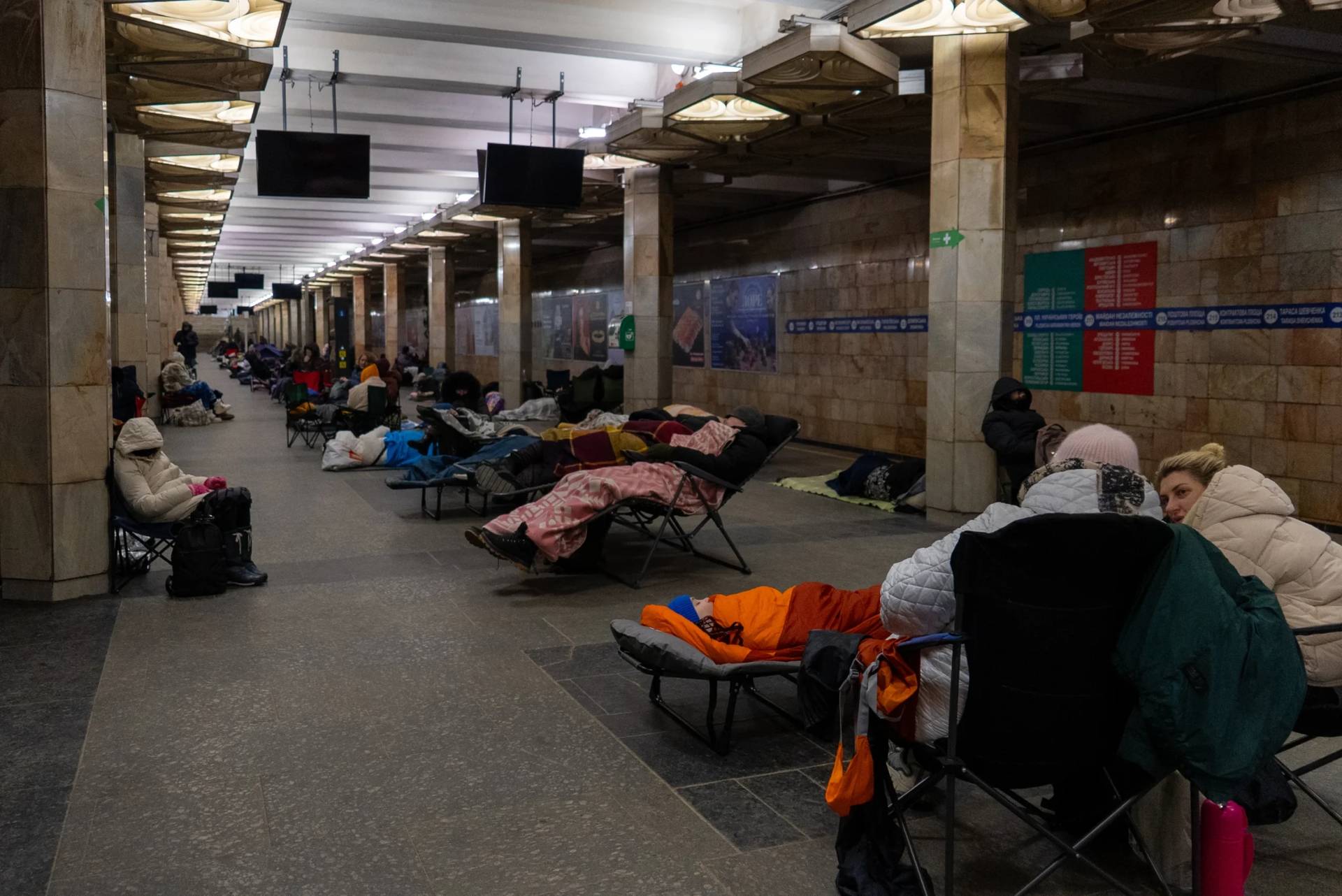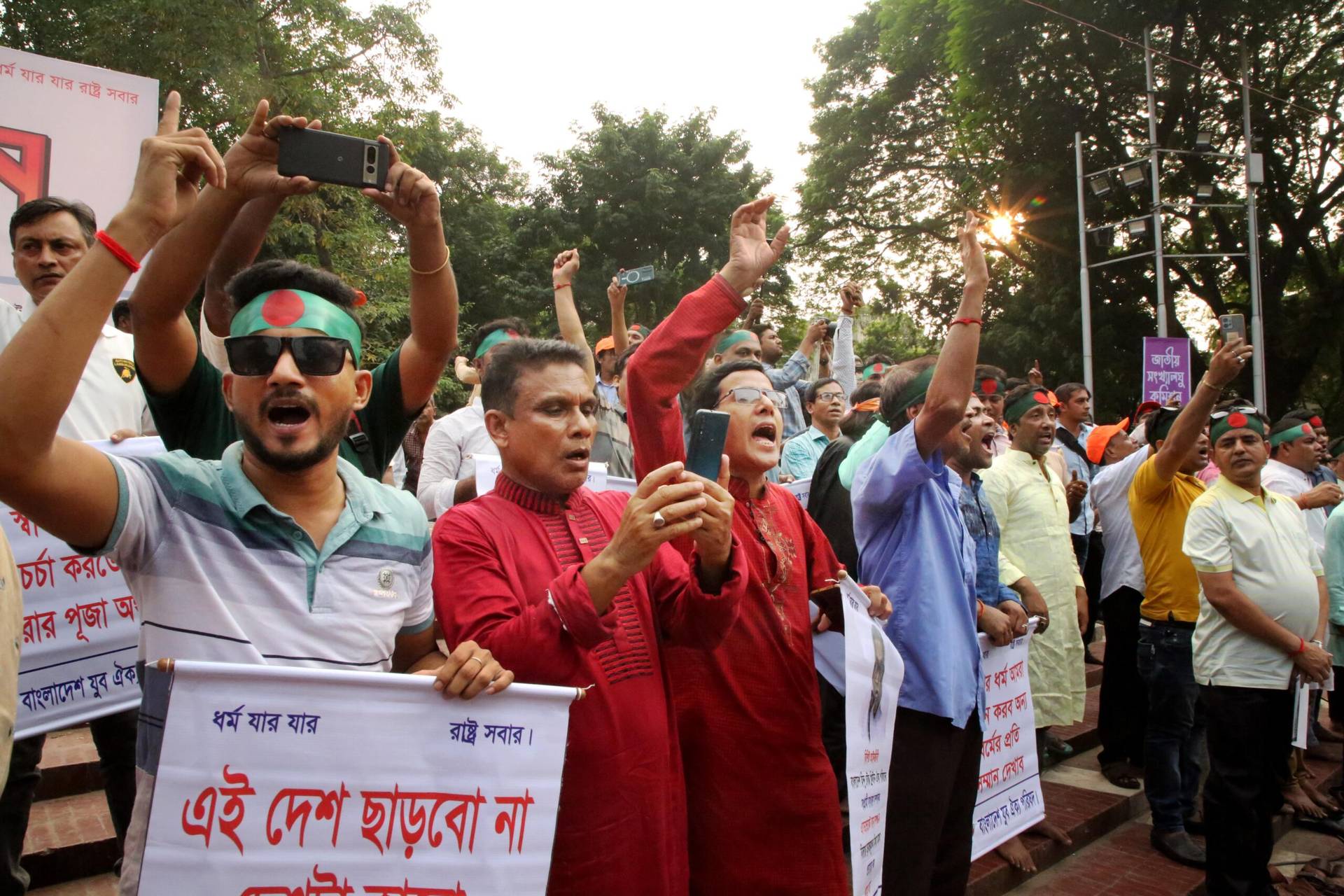In his address to the U.S. Congress in September last year, Pope Francis described “business as a noble vocation.” Yet many still wonder, how can a market economy be reconciled with Christian ethics?
Starting today global leaders will attempt to address this question and others at the 2016 Fortune-TIME Global Forum at the Vatican. In the lead-up to the conference, TIME reported that “Pope Francis has regularly spoken out about global economic issues, raising concerns about the growing wealth gap and criticizing the ‘dictatorship of an impersonal economy lacking a truly human purpose.’”
That makes free-market defenders nervous. Some have labeled him a socialist, even a Marxist. But these characterizations miss the mark.
I was privileged to participate at a conference last month of business leaders in the Vatican where the pope described the three principles or challenges of his vision for entrepreneurship: using money well, honesty, and acting in fraternity.
These concepts may seem abstract if left without an illustration. Entrepreneurs who put into practice what Pope Francis describes abound around us – we just have to notice them.
Take Iqbal Quadir. He was born in Bangladesh, made his unlikely way to study at a U.S. university and eventually became a venture capitalist in New York City. He lived the American dream that so many all over the world desire.
One day in 1993, his computer network crashed. He felt useless without his computer. He could not access his network of productivity. In a flash, Iqbal realized that his connectivity in many ways was his key asset, his “ticket” to play. It was necessary both for identity and productivity.
The silence reminded him of home.
“No wonder the productivity back home in Bangladesh is lower!” he thought. “Without a network, one is only half a person in this market economy.”
This was the genesis of his new dream: to bring phone service to the poor in Bangladesh, an untapped market of tens of millions of people.
Very soon, he was pulled back to reality. There is no infrastructure for cell phones in the slums. The poor can’t afford the service fees, much less a phone, he was told when he first pitched his idea to potential investors.
But Iqbal would not let go of his dream. He compared the cellphone of the poor in Bangladesh to the ownership of a car in the U.S.: most people cannot afford to pay for it upfront, but having a car enables them to make the necessary money to pay it off over time.
Similarly, cell phones would include the poor in the market economy, integrate them into networks of productivity and exchange, give them an online identity, and allow them to compete in the market. “Connectivity is productivity!” he would often say.
It took four years to convince Telenor, Grameen Bank and several other partners to join him in founding Grameenphone and put his vision into reality.
Experts kept telling him that his efforts would prove futile. The path to market indeed proved difficult. The poor were so far off-the-beaten (market) track that Iqbal had to build his own cell towers and distribution and sales networks to serve them. “Experts told me that we must first focus on primary needs. In a poor country, food, clothing, shelter, medicine – these are much more important than some high-tech digital phones,” he remembers.
Iqbal questioned that wisdom. “We don’t have to be the big brothers who decide whether the poor should buy food or shelter or water. They know perfectly well what to do. All they need is the opportunity to act.”
He then proved the experts all wrong. “I knew the ingredients were there for success,” he told me. “The only thing missing was someone to start cooking and the dish would be ready in an instant.”
With more than 56 million subscribers (as of January 2016), Grameenphone is the largest mobile phone operator in Bangladesh, profitably generating over 7 billion dollars in annual revenues.
Grameenphone gave one of the most disadvantaged workforces in the world a way to access the productivity tools of developed markets. Iqbal’s innovation is that what he does to fight poverty is not aid, but investment, which makes the poor an equal partner rather than a recipient.
“Telenor, of Norway – a country of five million people – now has 200 million subscribers in Asia” Iqbal says. “I dare say, Bangladesh actually gives aid to Norway. Hundreds of millions of dollars of dividends are going back to them every year – much, much bigger than Norway ever gave to Bangladesh.”
Iqbal’s success illustrates pope Francis’s point that the poor are too often excluded from the market. Iqbal’s genius has been to create a profitable company that includes the poor in networks of productivity and exchange. And through what he did, he affirmed the human dignity in millions of poor people, offering them the opportunity to flourish and pursue prosperity. He is my favorite example of the new prosperity.
Iqbal used capital as a means to an end rather than making it the end in itself. If used without a view toward fraternity, capital can easily become an instrument of exclusion. With a sentiment of fraternity, investments can be used to integrate the poor into our networks of productivity and exchange rather than to create what Francis calls “a new and abusive form of economic domination on the social, cultural and even political level.”
Iqbal’s example shows us what Francis might be thinking of when he says that businesses must be honest and that “enterprises must not exist to earn money, even though money serves to measure their functioning. Enterprises exist to serve.”
What Francis points out are the dangers and flaws in the current state of business. That does not mean that he condemns a healthy market economy. He’s like a prophet who points out that the train is headed down the wrong track, and needs to change direction.
Unfortunately, entrepreneurs like Iqbal Quadir are an endangered species in today’s business ecology. Pope Francis is pointing out that their extermination is caused by the wrong use of money, dishonesty and exclusion.
If we want our prosperity to last, we must heed his warning. Pope Francis is sure to convey that at this weekend’s global economic forum. We should hope that those gathered will listen and help people like Iqbal to be the norm, not the exception.
[Andreas Widmer is the Director of the Ciocca Center for Principled Entrepreneurship at The Catholic University of America’s Busch School of Business and Economics in Washington, D.C., which takes its inspiration from Pope Francis’s call for business to be informed by the principles of Catholic social doctrine.]














